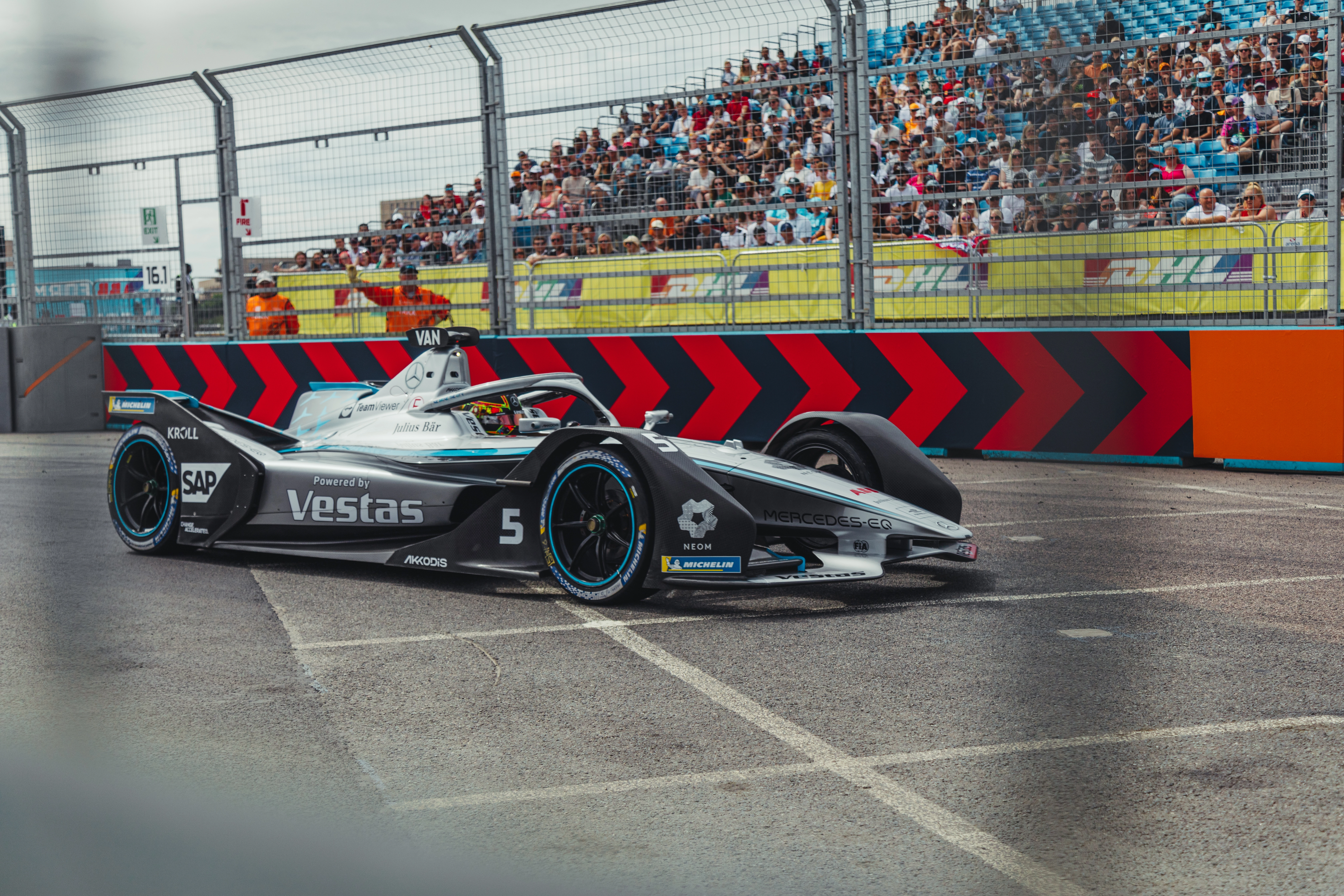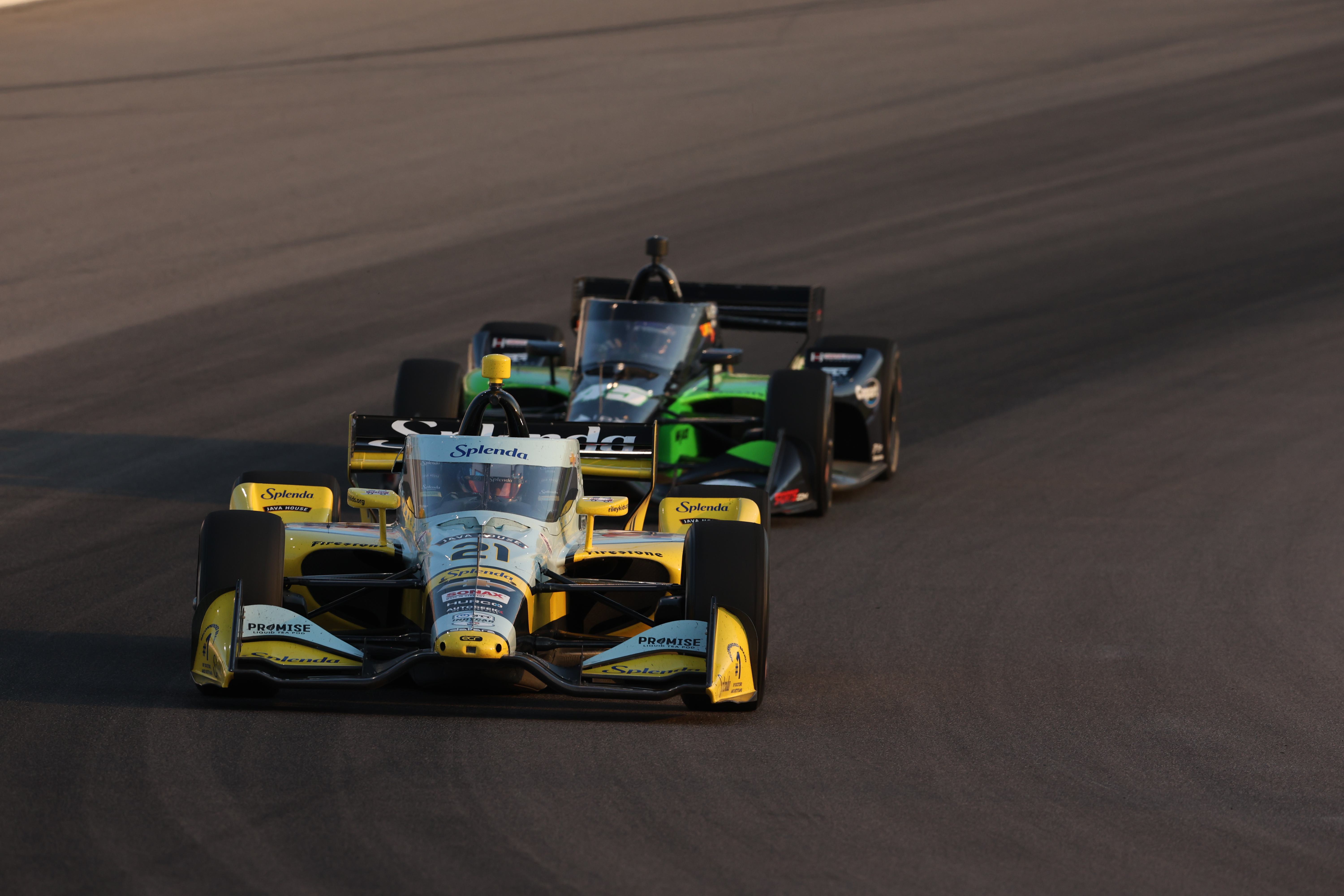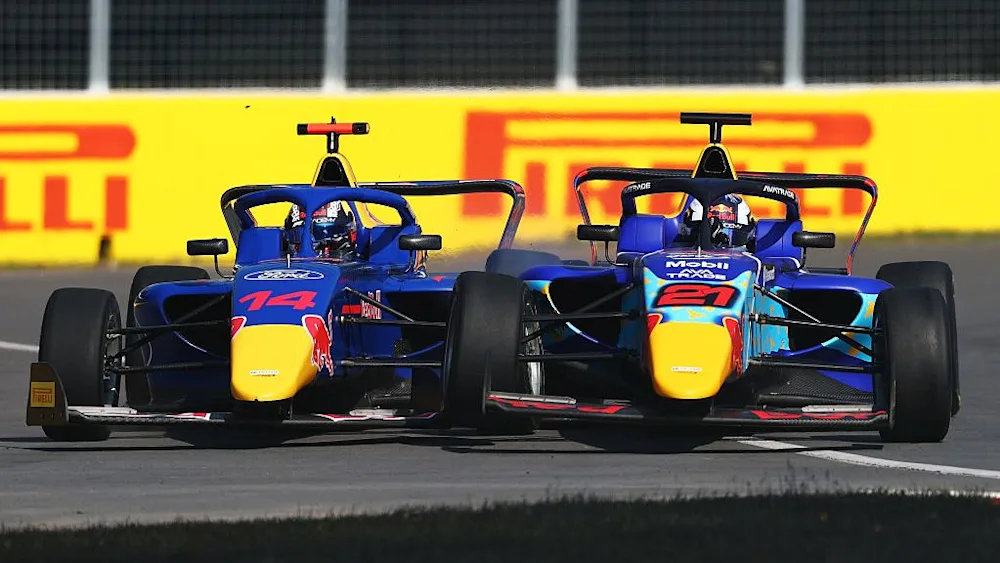23XI, FRM v. NASCAR: A law student’s analysis on an antitrust case
- Sean McKean
- Dec 17, 2024
- 4 min read
Written by Sean McKean, Edited by Vyas Ponnuri

For months, 23XI Racing and Front Row Motorsports disputed with NASCAR on their charter agreement. It wasn’t until early September that the sanctioning body sent out a red-lined draft for teams to sign – threatening charter revocation if not.
The two teams held out and sued the NASCAR Company on claims of “strong-arming,” monopolistic practices, and “clear” violations of the Sherman Antitrust Act.
The undisputed facts are as follows:
The 2016 charter agreement disallows teams from using NASCAR machinery to compete elsewhere.
NASCAR purchased the ARCA Menards Series – their only other independent stock car racing competitor – in 2018. ARCA subsequently became a “NASCAR feeder series.”
NASCAR introduced the idea of the Next Gen car in 2018. This let NASCAR take control of parts manufacturing.
NASCAR acquired ISC (International Speedway Corporation) in 2019. This gave the series more control over the activities of the tracks in their circuit.
The first draft of the 2024 charter agreement was shown in 2022. 23XI, Front Row suggested improvements to the agreement for a “fairer” deal. In response, NASCAR denied these.
NASCAR sent a red-lined, 100-page long “take-it-or-leave-it” draft of the agreement on 6 September at 17:00. Plaintiffs had until 23:59 to agree to it, else they risked losing charters.
In the case of 23XI Racing, Front Row Motorsports (plaintiffs)
In the Undisputed Facts, the last pointer gives an attorney plenty to work with.
Firstly, in the world of law, there is a doctrine called the Reasonable Man theory. This is exactly how it sounds: What would a reasonable person do?
This person isn’t too quick to anger, but also isn’t passive; he’s not quiet but isn’t too loud either; the perfect, neutral man – if you will.
An application of the Reasonable Man standard to this case is simple, as it doesn’t just apply to man. Is giving seven hours to read a 100-page document really a reasonable thing to do? Absolutely not. In the world of contracts specifically, 30 days is the rule of thumb for a contract like this, which – obviously – is greater than seven hours.
Secondly, coercing the teams to sign the charter agreement by threatening immediate revocation of charters is textbook duress.
I mean that literally, as my current semester’s textbook defines it as “when one party [NASCAR] threatens to do some wrongful act [taking charters] unless another party [plaintiffs] enters into a contract” (Cheeseman, Legal Environment of Business, pg. 218).
The claims above may be easy to prove, but not so easy are the claims of monopolistic practices. Still, attorney Jeffrey Kessler could work with something here.
The main accusation comes from NASCAR taking control over more of teams’ intellectual property. If this is done, it would prohibit teams from competing elsewhere (the “elsewhere” is still unclear) and utilising the NextGen car in any competition outside of NASCAR.
This doesn’t only apply to the teams, however, as NASCAR acquired one of the few major stock car series left in the USA in 2018: ARCA Menards Series. By doing this, they eliminated the only competitor to them left in the market of stock car racing.
For Plaintiffs, this will be twisted into a violation of the Sherman Antitrust Act of 1890, which prohibits a defendant from undertaking activities that “restrict interstate commerce and competition in the marketplace” (Cornell EDU).
In the case of NASCAR (defendant)
Despite the odds stacked against them, NASCAR could spin these accusations in another way.
Through the aforementioned reasonable man doctrine, they could argue they did give Plaintiffs a reasonable amount of time to sign the contract.
The negotiations for the agreement started in 2022, and by late-2024, the contract would have needed to be signed to be valid by 2025. Plaintiffs failed to sign, and therefore will be giving a last-ditch effort as the deadline approaches.
This does overlook the coercion aspect; however, Defendants can defend this. Despite the attempted “strong-arming” in September, the terms of the contract itself were completely valid: it laid out the necessary requirements, proper consideration was given, and they even allowed for negotiation for upwards of two years.
If they can prove that the terms of the contract were drafted in good spirit, this defense could be valid.
For monopolistic practices, though, their best defense could be admitting to it. In antitrust law, there’s a narrow defense to this accusation called innocent acquisition of monopoly, which is one acquired via “superior business acumen” or great knowledge of the industry.
Although the punishment for a monopoly will still be fierce, the punishment will be far less if they take this route.
What do I think?
I would like to begin this section by stating that I am not a legal professional. Despite being in the area of study, I have yet to receive official certification. Please form your own opinions.
With the facts as they stand, I think Plaintiffs have the strongest case. The strong-arming is relatively easy to prove – especially if a judge were to ask for it during discovery.
The monopolistic practices could also be proven in that time, as Defendants would have to release their financial documents, which contain information vital to the claim.
Despite this, Defendants could defend these claims relatively easily by bringing up the lengthy consideration period. How a judge will look at this defense will be seen in due time, though.
Sources Utilised:
Legal Environment of Business: https://www.cengage.com/c/the-legal-environment-of-business-text-and-cases-9e-cross-miller/9781285428949/












Comments